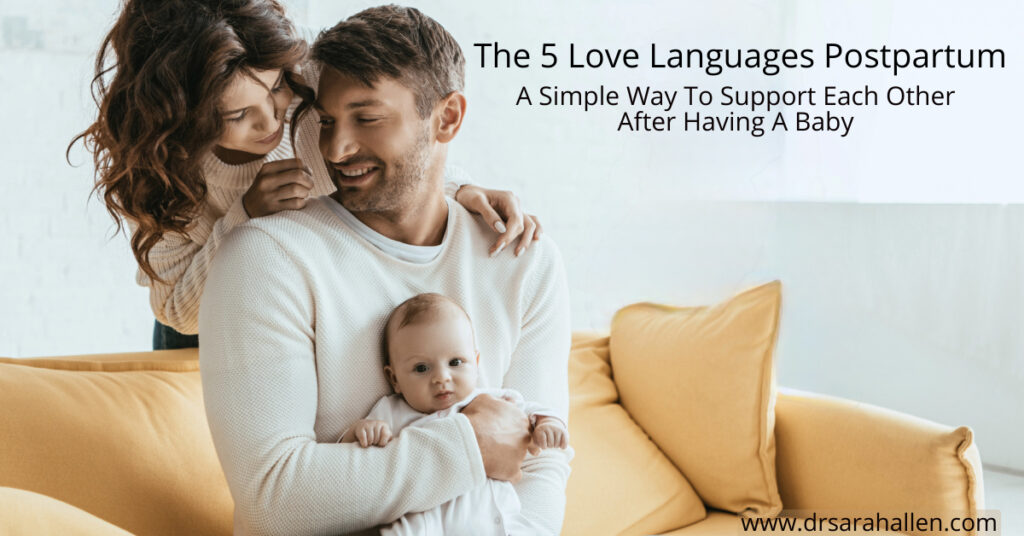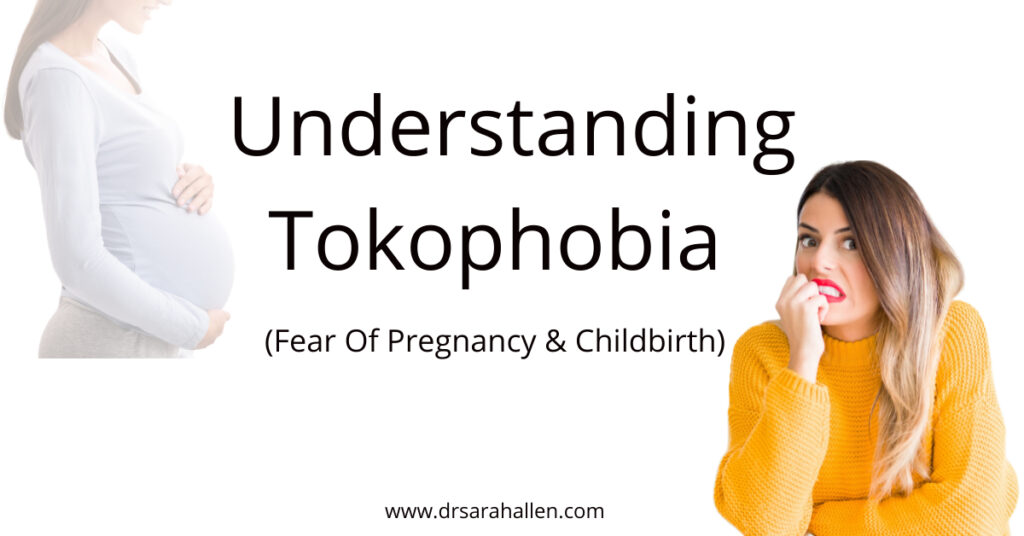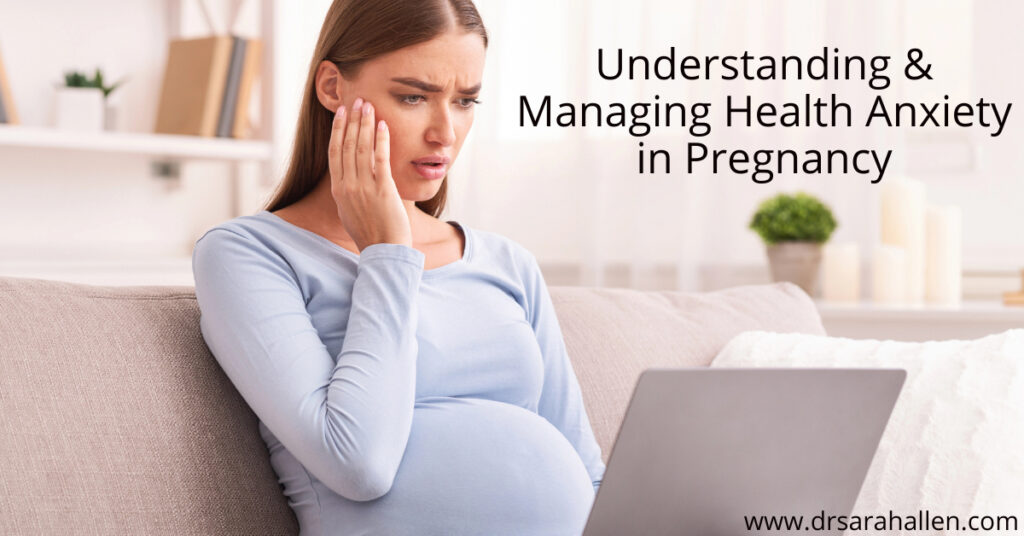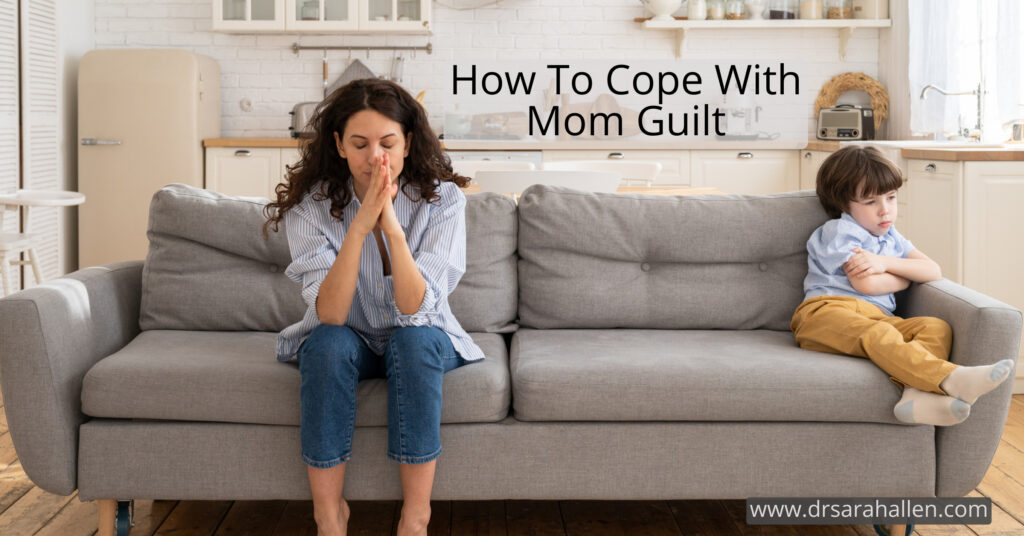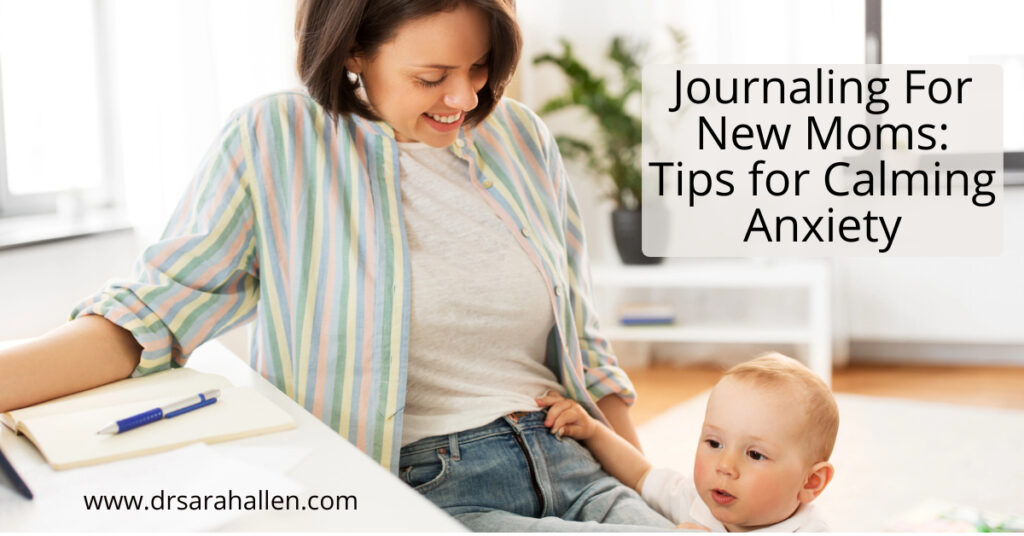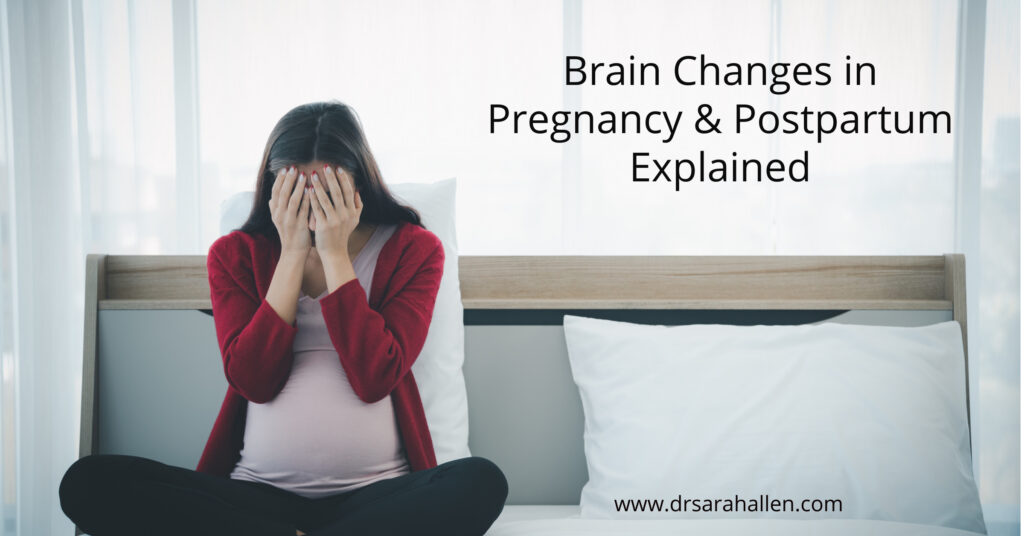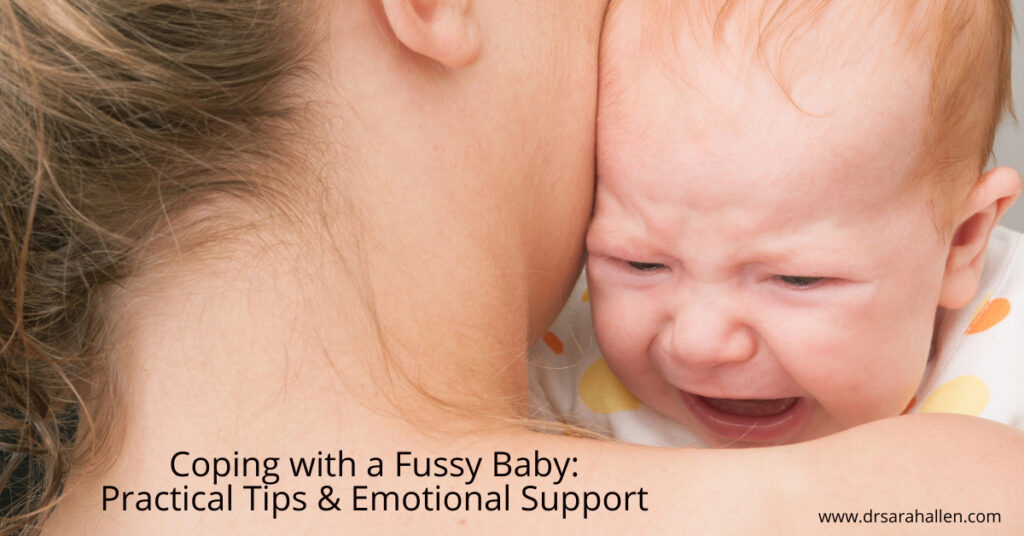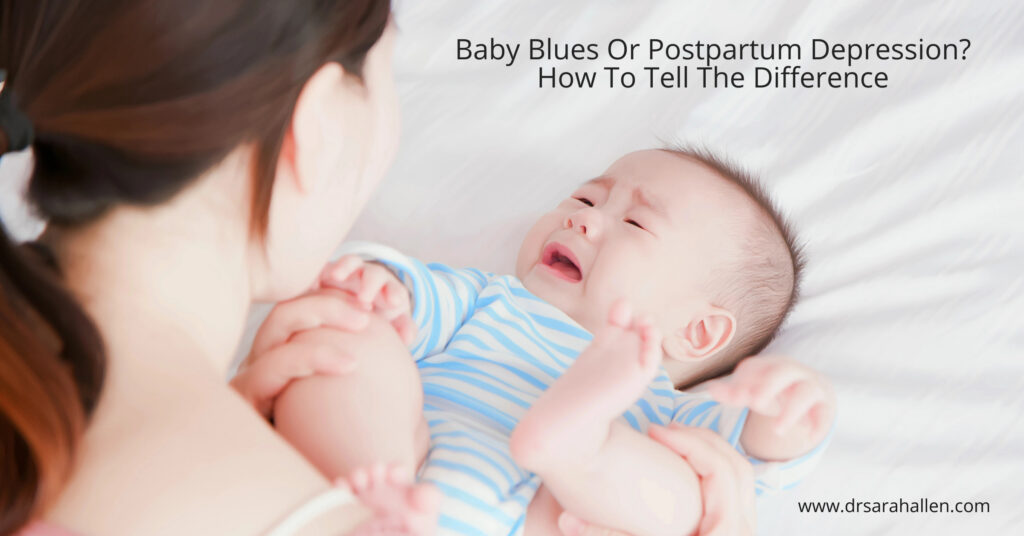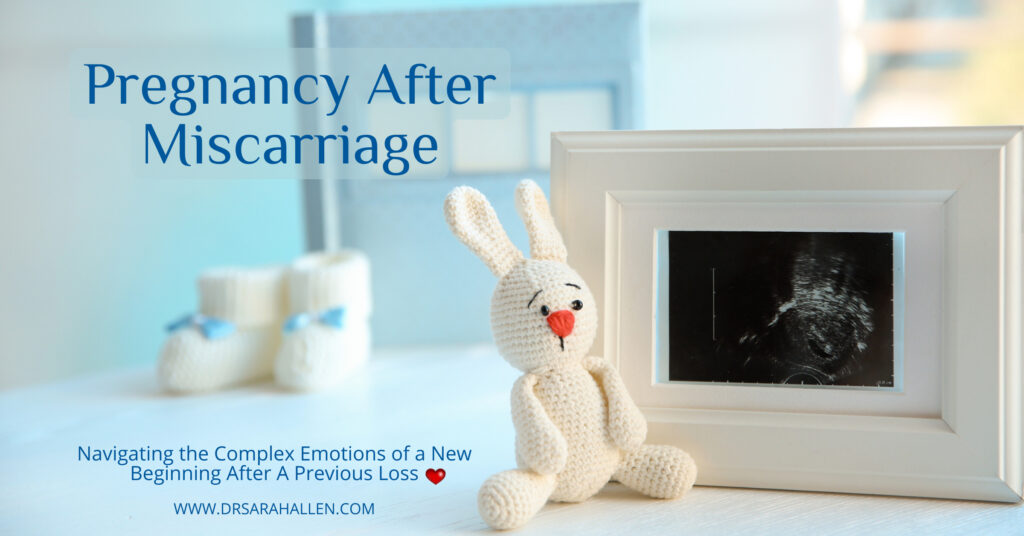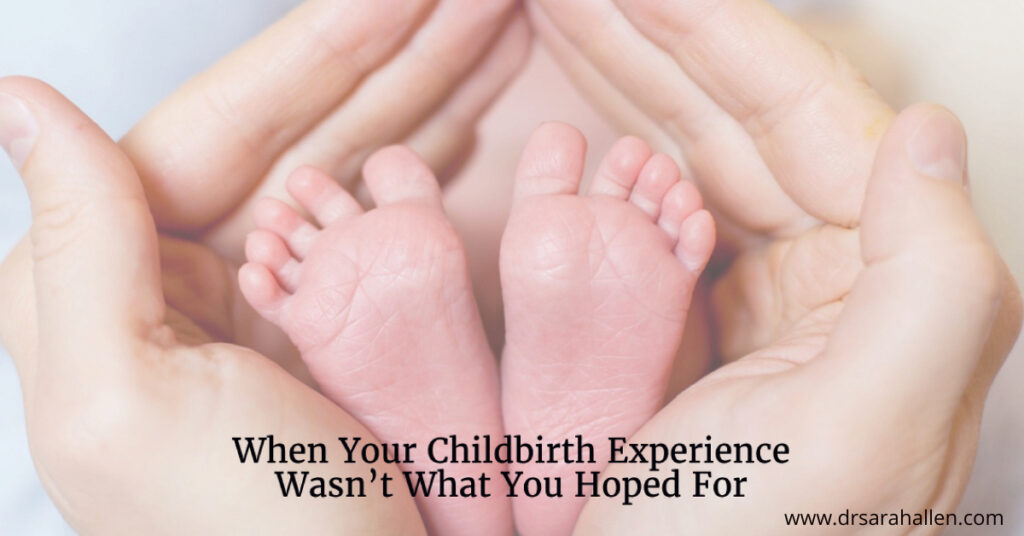Welcome toDr. Sarah’s Blog
Your Compassionate Guide Through Anxiety, Depression, and Relationship Challenges
Explore Dr. Sarah Allen’s blog for a journey toward healing and self-discovery, and experience the supportive, knowledgeable, and compassionate counseling that has made her a cornerstone in the mental health community in both Illinois and Florida.
If you are thinking about getting counseling and you’d like to talk to someone about the things that are troubling you, I am happy to help.
